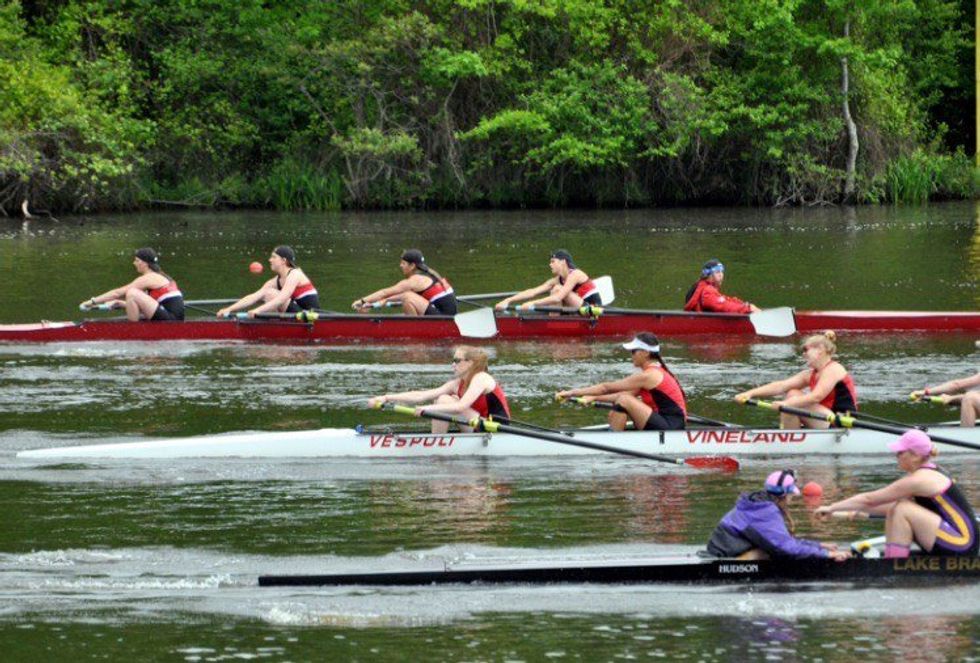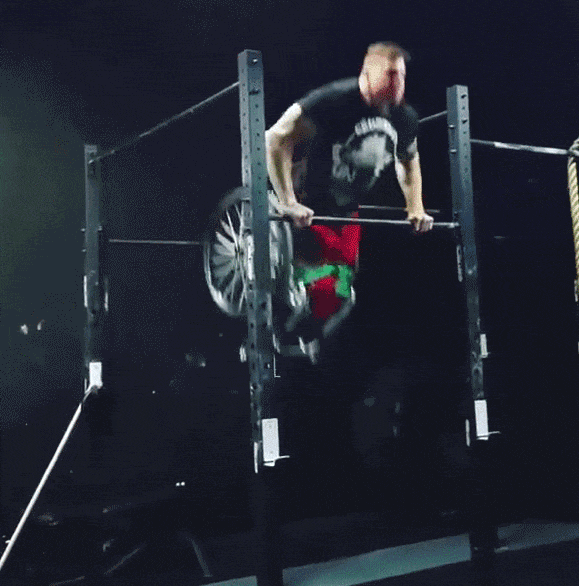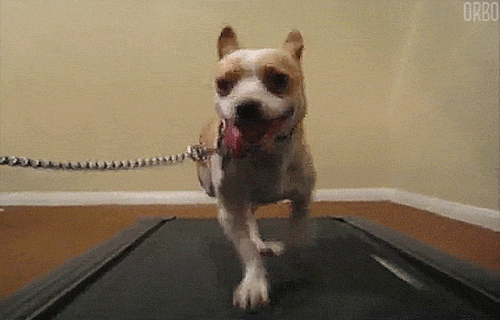If you are a varsity or collegiate athlete, you have to love your sport. If you didn’t, there would be no way you would make all the sacrifices you do for your coach and your team. You would not endure the physical and mental pain that goes along with training if your sport was not your absolute passion. The countless hours of conditioning, for all sports, take a huge toll on our bodies and some can handle it better than others. Lots of athletes undergo injuries, but some are just too severe to come back from.
The worst part of getting injured isn’t the pain, but it’s the possibility it may end your athletic career. Being an athlete is your life and it’s all you really know how to be. It is who you are and you don’t know what life is like without practice or games or races. Sometimes you do have to say goodbye to the love of your life and, I’m not going to lie, it sucks. There’s no other way to put it. But guess what, you can and will get through it. There are five stages of grief one goes through post-quitting, but believe it or not, there is a light at the end of the tunnel.
Stage 1: Denial.
Your doctor says no, but your heart says yes. You don’t want to believe that something you’ve been working so hard at has to end, so, naturally, you go behind your doctor’s back and continue to train.
Stage 2: Anger.
You then realize your doctor was right all along and now you can’t walk. This is clearly what he was trying to avoid, but you’ll never admit to your pain.
This is when the stress eating begins.
Stage 3: Bargaining.
This is the stage where we try everything to avoid having to leave the team, and I mean everything. When physical therapy just isn’t cutting it, you’ll come up with some pretty wild ideas to prove to your coach you can still contribute to the team.
You’re also starting to realize you’re no longer burning the hundreds of calories you used to at practice, but you have yet to adjust your diet accordingly.
Stage 4: Depression.
You just lost the love of your life, and you finally realize you’ve reached the point of no return. Worst of all, you’ll have to find new friends because your ex-teammates will be busy, but first you have to figure out how to associate with NARP's. Not to mention you have to start working out on your own because your clothes keep getting smaller.
Stage 5: Acceptance.
Pretty soon, you start to realize that being a NARP isn’t so bad after all. Sure, you have to work out to stay in shape, but there’s no harm in hitting the treadmill once in a while. On the bright side, there are no more early morning practices, no more two-a-days and no more dry seasons. Even though you didn’t choose the NARP life, it’s not the worst thing in the world that it chose you.


























